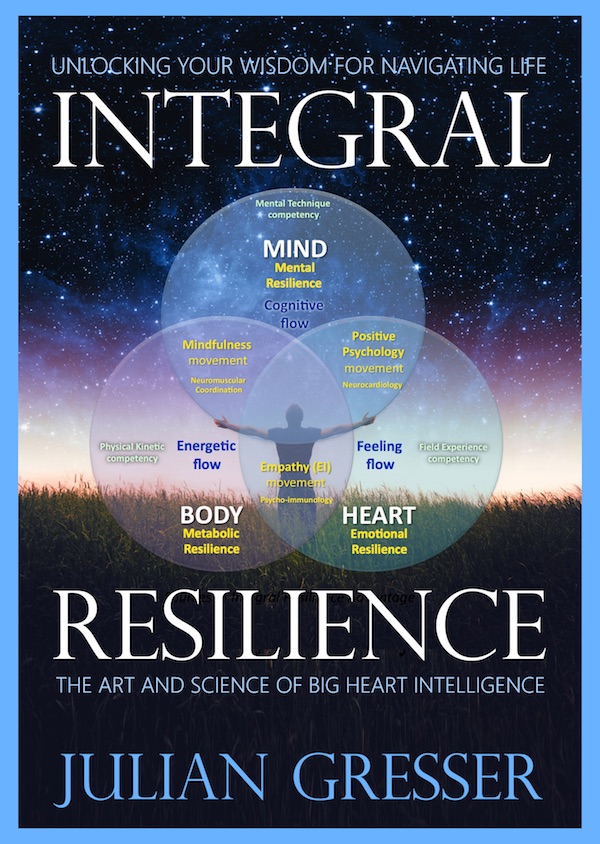Oops! This is a Members Only page
You have reached a Members-Only webpage. Please login to access products you have purchased, or please simply register to get access to the page you were looking for, such as, for example: the free Ringside Seat™ podcasts.
To register or login please click HERE









